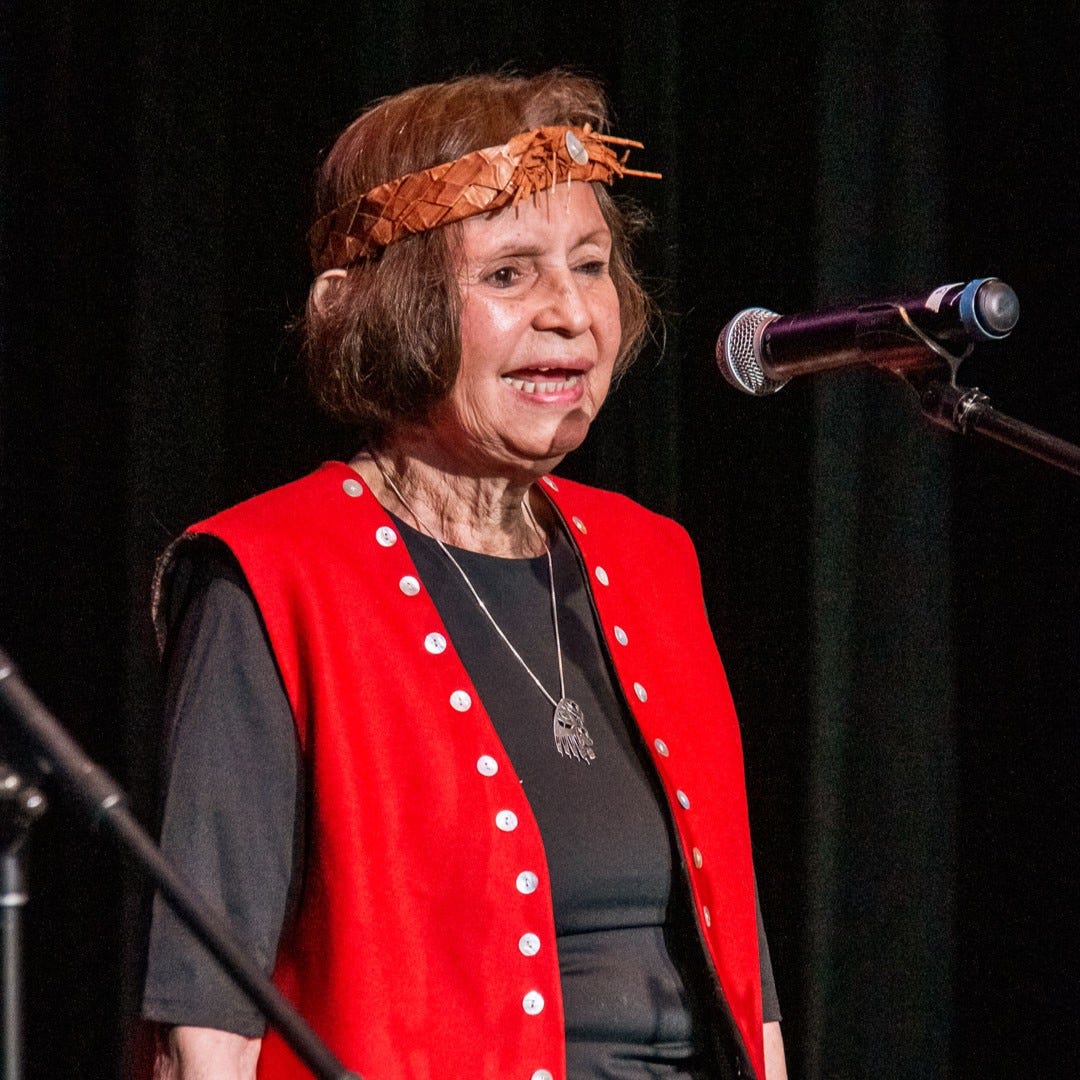Honouring the Past, Shaping the Future
Vancouver Opera’s Commitment to Meaningful Action Beyond September 30
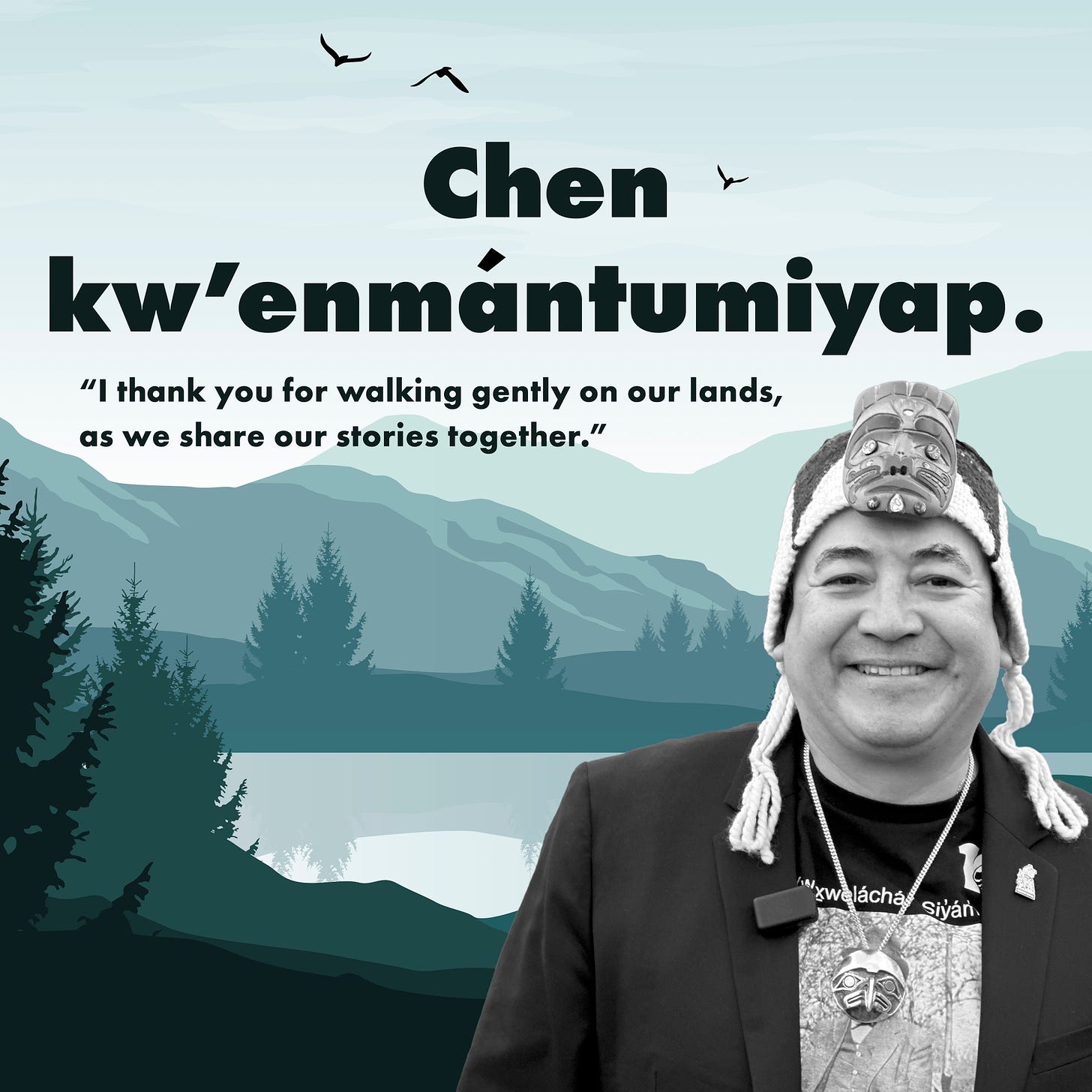
At Vancouver Opera, we understand that reconciliation is not a destination but a continuous journey that demands sincere effort, open dialogue, and tangible actions. On this National Day for Truth and Reconciliation, we want to express our personal commitment—and that of our entire organization—to going beyond mere gestures or symbolic acknowledgments. We are dedicated to fostering genuine relationships with Indigenous communities, amplifying Indigenous voices, and embedding Indigenous perspectives into the very fabric of our work. Our goal is not to simply "tick a box," but to contribute meaningfully to the healing and understanding that reconciliation requires. Through the unifying power of the arts, we strive to create spaces where stories are shared, cultures are celebrated, and communities come together in the spirit of respect and collaboration.
-Tom Wright, General Director & Krista Johanson, Chair, Board of Directors
Vancouver Opera
On September 30, Canada observes the National Day for Truth and Reconciliation, a day dedicated to honoring the survivors of residential schools, acknowledging the profound intergenerational trauma inflicted upon Indigenous communities, and reflecting on our collective responsibility in the journey toward reconciliation.
A Historical Reflection
The establishment of the National Day for Truth and Reconciliation is rooted in the tragic history of the Indian Residential School System, which operated in Canada from the late 1800s until the last school closed in 1996. Over 150,000 Indigenous children were forcibly removed from their families and communities to attend these schools, where they suffered cultural assimilation, neglect, and abuse. The legacy of these schools has had devastating effects on Indigenous cultures, languages, and families.
The day also coincides with Orange Shirt Day, inspired by the story of Phyllis Webstad, whose new orange shirt was taken from her on her first day at a residential school. The orange shirt has since become a symbol of the stripping away of culture, freedom, and self-esteem experienced by Indigenous children over generations.
Vancouver Opera's Commitment to Reconciliation
At Vancouver Opera, we recognize the power of the arts in healing, education, and fostering meaningful dialogue. Over the past year, we have deepened our commitment to amplifying Indigenous voices and integrating Indigenous perspectives into our work.
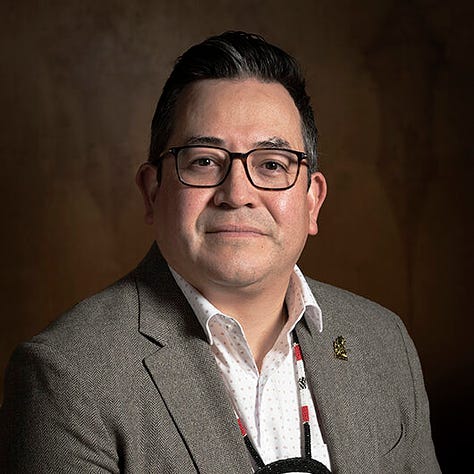
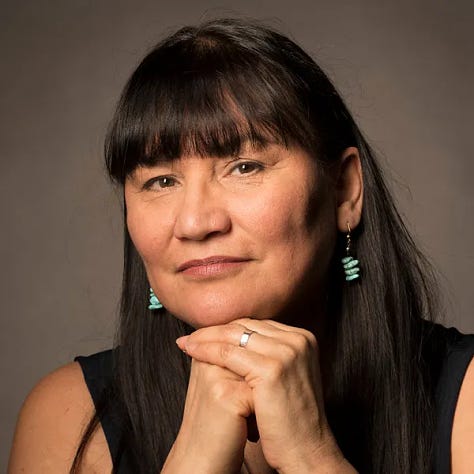
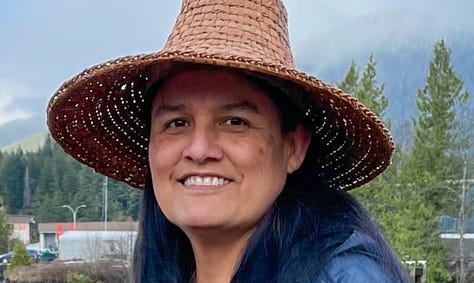
Our Indigenous Advisory Circle, led by Wilson Williams (Sxwíxwtn) of the Squamish Nation, and featuring esteemed members like Renae Morriseau (Cree-Saulteaux) and with consultations from Lynda Gray (Ts’msyen Nation), has been instrumental in guiding our reconciliation efforts. Their wisdom and leadership ensure that our initiatives respect and honor Indigenous cultures and traditions.
Voices of the Solstice
As part of our ongoing commitment to reconciliation and honoring Indigenous voices, Vancouver Opera proudly presented "Voices of the Solstice: A National Indigenous Day Event" earlier this year in celebration of National Indigenous People’s Day. This event provided a unique space for cultural exchange and musical discovery, featuring the incredible talents of M'Girl, Russell Wallace, and musica intima. Through a blend of Indigenous traditions and contemporary vocal artistry, "Voices of the Solstice" celebrated the significance of the solstice with an evening of song, storytelling, and connection. This event embodied our dedication to fostering understanding, honoring Indigenous cultures, and creating opportunities for meaningful dialogue through the arts.
Honouring Indigenous Composers
We have been privileged to collaborate with and showcase the works of Indigenous composers who are shaping the landscape of classical and contemporary music:
Barbara Croall (Odawa): A renowned composer and musician, Croall integrates traditional Anishinaabe music and instruments into her compositions, creating works that resonate with Indigenous spirituality and connection to the land.
Andrew Balfour (Cree): An innovative composer and conductor, Balfour's works often address themes of identity, history, and reconciliation. His compositions blend classical techniques with Indigenous musical traditions.
Ian Cusson (Métis): Cusson's compositions explore the Canadian Indigenous experience, including themes of cultural interaction and Métis history. His work includes operatic pieces that bring Indigenous stories to the forefront of classical music.
Resources for Reflection and Learning
We encourage everyone to deepen their understanding of Indigenous histories and contemporary issues. Here are some resources to support your journey:
Books and Literature
Indian Horse by Richard Wagamese: A moving novel that tells the story of Saul Indian Horse, a residential school survivor who finds solace in hockey while grappling with his traumatic past.
Seven Fallen Feathers by Tanya Talaga: Investigates the lives and mysterious deaths of seven Indigenous high school students in Thunder Bay, shedding light on systemic racism in Canada.
Braiding Sweetgrass: Indigenous Wisdom, Scientific Knowledge, and the Teachings of Plants by Robin Wall Kimmerer - A beautiful blend of Indigenous wisdom and scientific knowledge.
21 Things You May Not Know About the Indian Act: Helping Canadians Make Reconciliation with Indigenous Peoples a Reality by Bob Joseph - An accessible guide to understanding the Indian Act and its impacts.
The Inconvenient Indian: A Curious Account of Native People in North America by Thomas King - A thought-provoking exploration of Indigenous identity and history.
Films and Documentaries
"We Were Children": A powerful film that presents the experiences of residential school survivors, illustrating the profound impact of these institutions
Richard Cardinal: Cry from a Diary of a Métis Child, directed by Alanis Obomsawin, is a powerful documentary that sheds light on the tragic life of Richard Cardinal, a Métis teenager who took his own life after enduring years of neglect and mistreatment within the Canadian foster care system, sparking important discussions about Indigenous youth and systemic failures.
Online Resources
The National Centre for Truth and Reconciliation: Provides access to archival materials, educational resources, and the 94 Calls to Action from the Truth and Reconciliation Commission.
Continuing the Journey Together
The National Day for Truth and Reconciliation is not only a day of remembrance but also a call to action for all Canadians to contribute to healing and change. At Vancouver Opera, we are committed to:
Ongoing Collaborations: Partnering with Indigenous artists and organizations to create platforms for Indigenous stories and voices.
Educational Programs: Developing resources and programs that educate our audiences about Indigenous histories and contributions to the arts.
Reflective Practices: Continuously evaluating and adapting our practices to ensure they align with the principles of respect, inclusivity, and reconciliation.
Join Us in Making a Difference
On this National Day for Truth and Reconciliation, we invite you to join us in honoring the resilience of Indigenous communities, reflecting on our shared history, and committing to actions that support healing and understanding.





